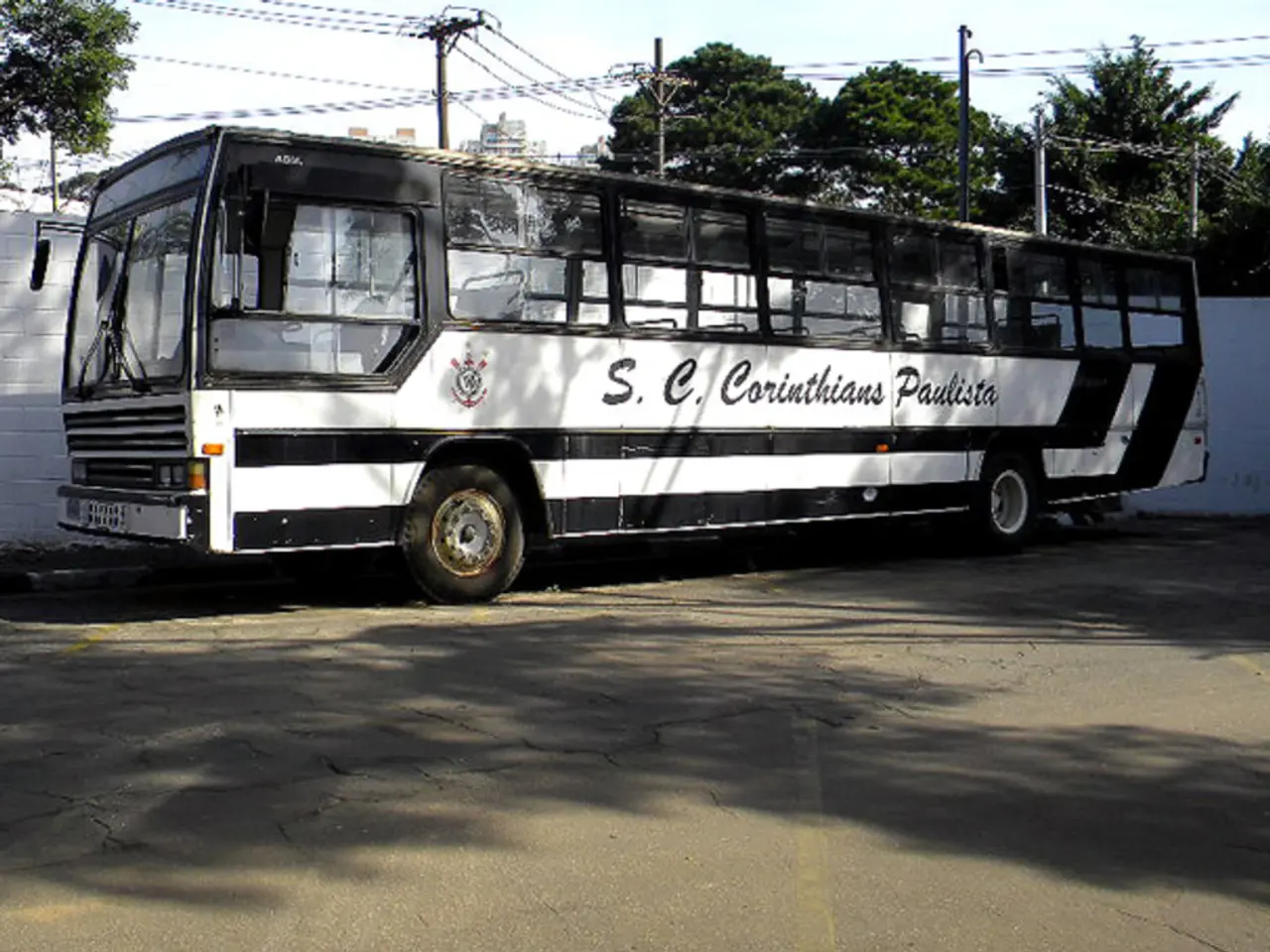Fulfilling European Freight Demands with Electric Trucks
Electric Long-Haul Trucks Set to Revolutionize European Freight Transport
Europe is pushing forward with its green agenda, and electric long-haul trucks are emerging as a beacon of innovation and environmental stewardship in the transport sector. According to a comprehensive report by ENTSO-E, these vehicles are expected to play a significant role in achieving Europe's emission reduction goals in the transport sector.
The report highlights the alignment between technological advancements, regulatory frameworks, and infrastructure development for electric freight transport. The EU's driving and rest time regulations for truck drivers align with the recharging requirements of electric trucks, making them practical within the current freight transport framework. After 4.5 hours of continuous driving, truck drivers are mandated to take a 45-minute rest, which can be utilized for recharging electric trucks efficiently. The mandatory 11-hour overnight rest period for drivers is sufficient for a full battery recharge of electric trucks.
The planning and development of infrastructure for the spread of charging stations for electric trucks in the EU involves distribution network operators and e-charging point providers. The Alternative Fuels Infrastructure Regulation (AFIR) sets targets for the deployment of electric recharging and hydrogen refueling stations across the EU. The aim is to ensure charging and refueling stations are distributed along major transport routes, enhancing the feasibility of long-haul electric truck operations.
Expected improvements in battery technology and energy efficiency could make electric long-haul trucks more compatible with the demands of the freight industry. The latest electric long-haul trucks can travel approximately 350 kilometers on a single charge, but future advancements in electric truck technology, as predicted by ENTSO-E's analysis, could increase their range to up to 800 kilometers per charge.
The average daily distance covered by tractor-trailers in Europe is 530 kilometers. This suggests that electric long-haul trucks, with their increasing range, are well-positioned to meet the demands of the freight industry. The market for electric long-haul trucks is expected to grow, and they are anticipated to play a vital role in a more sustainable and low-carbon transport system in Europe.
The transition to electric long-haul trucks is a strategic response to the EU's goal of reducing transport sector emissions by 90% by 2050. The report concludes that these factors are all converging to support the growth of electric freight transport in Europe. The integration of mandatory rest periods with the operational needs of electric trucks underscores their practicality within the current freight transport framework.
As Europe pushes forward with its green agenda, electric long-haul trucks are poised to revolutionize the freight transport sector, making it more sustainable, efficient, and environmentally friendly. The ENTSO-E report provides a comprehensive overview of the current state and future of electric long-haul trucking in Europe, underscoring the importance of infrastructure development in supporting the growth of electric freight transport.
Read also:
- Increase in Electric Vehicle Charging Stations Across U.S., But Is It Sufficient?
- The current status of green hydrogen for developing countries following the wave of hype: Assessment of remains
- Rapid Growth in Bio-based Polypropylene Sector Anticipated at a Compound Annual Growth Rate of 26.5% by 2034
- Potential Fire Hazards in U.S Power Grids Due to Artificial Intelligence Data Facilities








